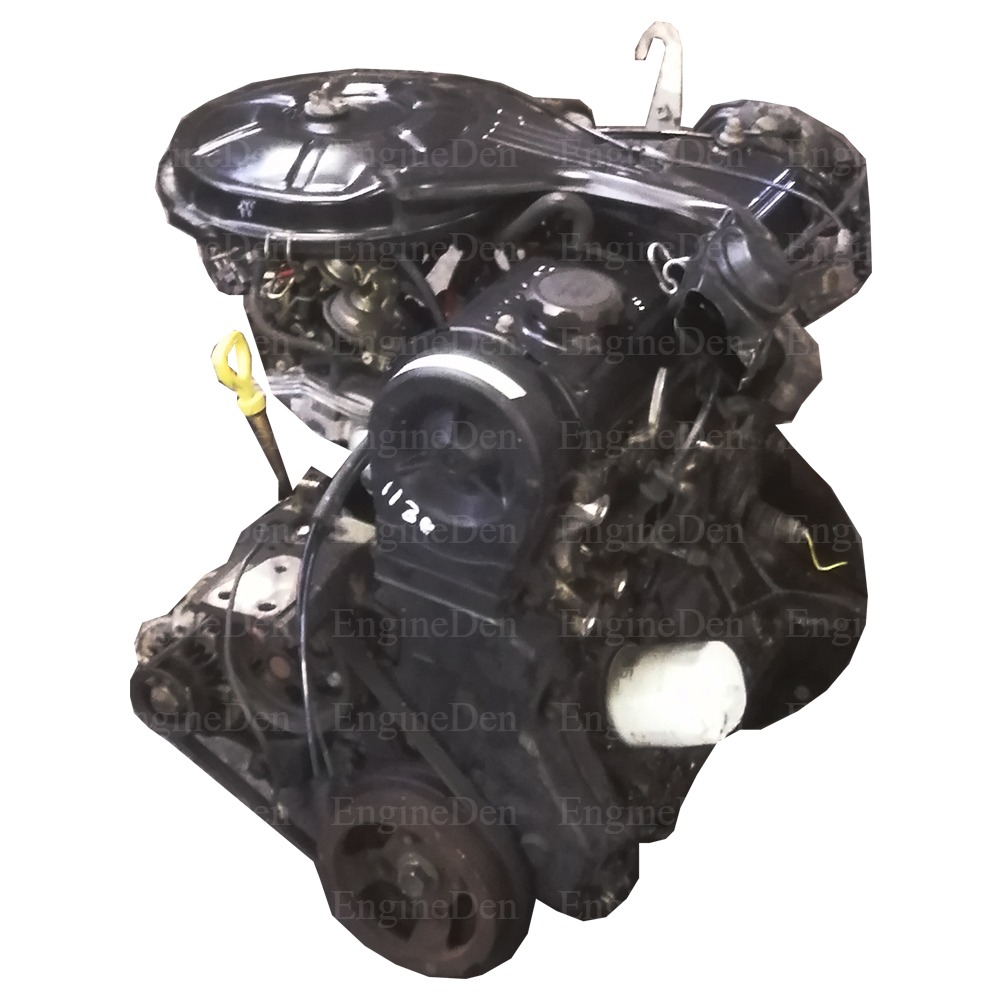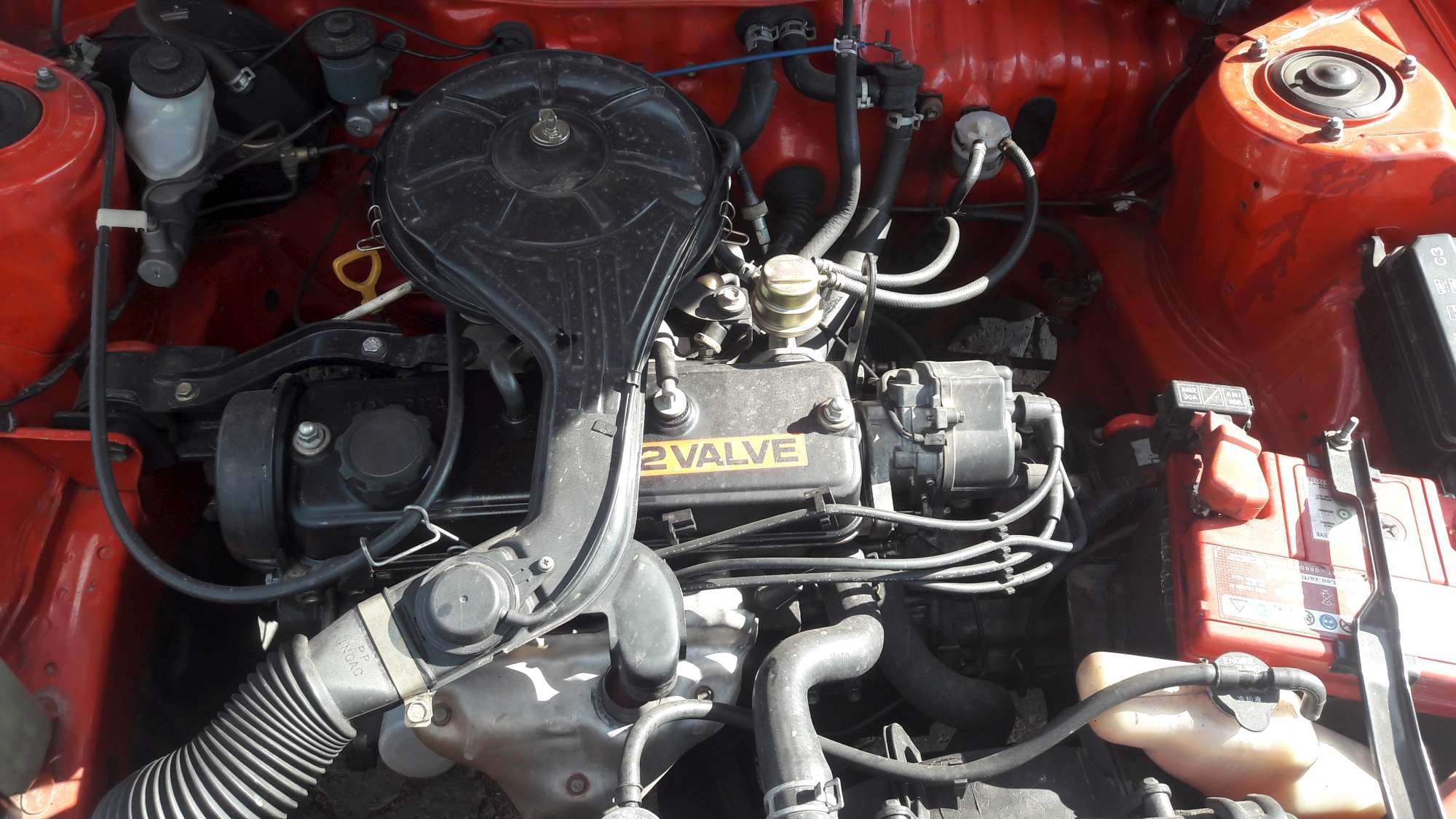Top-Quality Toyota Tazz Engine for Sale: Find Yours Today!
Top-Quality Toyota Tazz Engine for Sale: Find Yours Today!
Blog Article
Engine Buying Professional Tips on Picking the Right Engine for Your Details Demands
Choosing the appropriate engine for your details requirements includes an intricate interaction of variables that go past simple horsepower numbers. By diving right into the details of power versus performance, reviewing fuel ratings, and budgeting for lasting costs, one can truly maximize their engine choice.
Power Vs. Efficiency: Locating the Balance

When selecting an engine, it is crucial to strike an equilibrium in between power and effectiveness to meet your details demands properly. Power describes the engine's ability to create energy for propulsion, identifying elements like acceleration, lugging capability, and general performance (Toyota Tazz Engine For Sale). On the various other hand, efficiency connects to just how well the engine uses fuel to create power, affecting factors such as fuel economic climate and environmental kindness
Achieving the right equilibrium in between power and efficiency is crucial due to the fact that an engine that is too effective might consume excessive fuel, causing higher operating expense and unnecessary pressure on the atmosphere. Conversely, an engine that prioritizes effectiveness over power might lead to sluggish performance, specifically sought after scenarios like towing hefty loads or driving uphill.
To make a notified choice, think about aspects such as your common driving problems, the intended use the lorry, and your personal choices. By reviewing your requirements and concerns, you can pick an engine that strikes the perfect equilibrium in between power and effectiveness, ensuring ideal efficiency while minimizing environmental effect and operating costs.
Comprehending Engine Dimension and Kind

Typical engine types include inline engines, V engines, and rotating engines, each with its one-of-a-kind benefits and downsides. Comprehending the interplay between engine dimension and kind is crucial in picking an engine that lines up with your details requirements and concerns, whether it be power, efficiency, or an equilibrium of both.
Consider Your Vehicle's Needs
If you are looking for an engine for a durable vehicle that will be used for towing, you will require an effective engine with high torque capabilities. On the other hand, if you are choosing an engine for a portable see this here car primarily utilized for city travelling, gas efficiency may be a much more important variable to consider.

Evaluating Fuel Effectiveness Scores
Assessing fuel efficiency ratings is a vital aspect of picking the appropriate engine for your lorry, ensuring cost financial savings and ecological sustainability. Gas effectiveness ratings, usually measured in miles per gallon (MPG) for gasoline engines or kilowatt-hours per 100 miles (kWh/100 miles) for electrical engines, show exactly how far a vehicle can take a trip on a certain quantity of gas or power. Higher MPG or lower kWh/100 miles worths symbolize much more efficient engines, equating to minimized fuel costs and reduced carbon discharges.
When evaluating gas effectiveness ratings, consider your driving habits and demands. If you commute fars away daily, an extremely fuel-efficient engine can cause considerable financial savings gradually. Furthermore, contrast different engine options within the same automobile class to determine the most cost-effective choice. Aspects such as engine size, weight, the rules of aerodynamics, and hybrid or electrical capabilities can all affect check this site out gas efficiency.
Budgeting for Long-Term Costs
Tactically intending for long-term costs is essential when choosing an engine, making certain financial sustainability over the automobile's lifespan. While the initial acquisition rate of an engine is a significant element, it is critical to take into consideration the long-lasting expenses connected with upkeep, repairs, and fuel usage. Going with an extra fuel-efficient engine might have a higher upfront cost however can lead to significant savings over time. Routine upkeep, such as oil adjustments, filter substitutes, and tune-ups, is necessary to keep the engine running smoothly and effectively, minimizing the risk of expensive repairs down the line.
Furthermore, looking into the schedule and cost of substitute parts for the picked engine is vital in budget plan planning. By carefully budgeting for these long-lasting expenditures and factoring them into the decision-making process, individuals can select an engine that not only satisfies their prompt needs yet also stays economical throughout its lifespan.
Final Thought
Finally, selecting the ideal engine for your specific needs needs stabilizing power and efficiency, recognizing engine size and type, considering your car's requirements, assessing gas effectiveness scores, and budgeting for lasting expenses. By thoroughly taking into consideration these elements, you can ensure that you select an engine that satisfies your needs and supplies optimum efficiency for your automobile.
To further fine-tune the selection process of an engine that strikes the optimal balance between power and effectiveness, it is necessary to dive into the ins and outs of recognizing engine size and kind. Engine size refers to the total quantity of air and fuel that can be pushed through the engine cylinders. Common engine kinds include inline engines, V engines, and rotary engines, each with its special benefits and drawbacks. Recognizing the interaction between engine size and kind is important in selecting an engine that aligns with your particular needs and priorities, whether it be power, efficiency, or an equilibrium of both.
Fuel effectiveness rankings, typically determined in miles per gallon (MPG) for More hints gas engines or kilowatt-hours per 100 miles (kWh/100 miles) for electric engines, indicate how far an automobile can take a trip on a specific quantity of gas or electricity.
Report this page